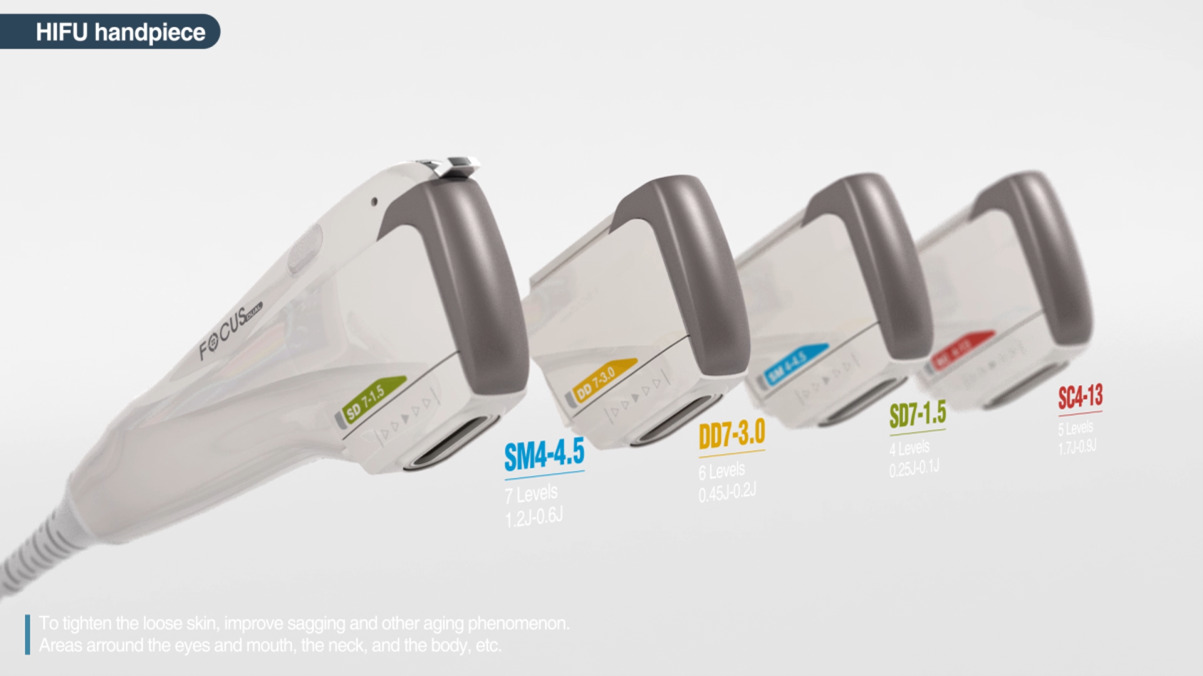
16 Feb Do HIFU non-surgical facelifts really work??
Thinking about trying a HIFU non-surgical facelift? Here’s what to expect for your first session.
Looking to get a HIFU facelift but not sure what to expect from the procedure? We’ve got you covered!
HIFU stands for ‘High Intensity Focused Ultrasound,’ and is a skin tightening, skin lifting, and body contouring procedure that can target various levels of the body’s tissues. HIFU is a non-invasive treatment that targets deep layers of the skin, boosting new collagen creation and regeneration just where it’s needed. Because the procedure is fast with minimal downtime, it is also often referred to as the ‘lunchtime face lift.’ The machine we have in our Bournemouth clinic is the Focus Dual, from Lynton Lasers, a UK based company.
HIFU for Facelift and Body Weight Loss
HIFU facelift treatment is a non-invasive treatment designed to tighten the skin, smooth wrinkles, reduces pore size, and in particular to target the lower face, jowls or pre-jowls and neck.
So how does the treatment work? This non-surgical face lift works on the SMAS layer deep below the skin, which is the area surgeons tighten for face and neck lifts. Rather than surgery, the Focus Dual harnesses ultrasound technology to radiate energy to the SMAS layer to tighten, lift and plump the skin.
HIFU can also be used to target weight loss and toning of the body. The high frequency of the ultrasound results in heating deeper under the skin, more effectively destroying fat cells and tightening the skin. The damaged cells are flushed from the body via a natural removal processes. Areas treated are tummy, back, underarm, thighs, hips, buttocks, ‘bingo wings’
Preparation, procedure and aftercare:
To prepare for your HIFU treatment, keep in mind that sunburned or recently tanned skin can’t be treated. Additionally, all skin-irritating substances should be avoided, as this may prevent treatment. If you are taking antibiotics treatment should be postponed until the antibiotics are finished as some antibiotics may cause you to become light sensitive.
During treatment your skin is cleansed and then ultrasound gel is applied to the desired area of the face. Then a handheld HIFU device that sends out short bursts of ultrasound waves is passed over the skin. Each session is between 30–90 minutes long. After treatment we apply a soothing balm and SPF before you leave.
Remember it is always good to follow your aftercare post HIFU treatment, such as avoiding intense sunlight for a couple of weeks to reduce the chance of sunburn, avoiding alcohol, drinking plenty of water and avoiding hot showers to prevent irritation.
Is HIFU painful?
If you had asked anyone who had undergone a HIFU facelift a few years ago, many clients would have said that, yes it was! However nowadays HIFU technology has improved leaps and bounds to make the experience much more comfortable. No anaesthetic is required as it’s a very manageable treatment.
The Focus Dual has higher shot speeds and shorter shot intervals, making the treatment significantly more comfortable and less irritating than many other devices on the market. Patients say it can feel a little prickly but it is only minor discomfort if anything.
How long before I can expect results after a HIFU treatment?
Despite what many clinics may say, the results seen from HIFU treatments are not immediate. You will have to be a “patient patient” and wait a period of 12-16 weeks before seeing results!
Because HIFU penetrates deep into the skin to encourage natural collagen formation gradually, it takes longer to notice effects. As a result, HIFU results will appear very natural, even if they are gradual. We recommend a course of 2-3 at four week intervals for best results with a top up once or twice a year. You can expect the results to last for a period of about 12 to 18 months.
Are there any side effects?
Due to the non-invasive nature of HIFU research suggests that HIFU has few side effects in general with only occasional minor swelling, redness, tingling or tenderness. Due to the non-invasive nature of HIFU treatments, there is virtually no downtime. You may experience slight redness following the treatment, and a small percentage of our clients do experience minor swelling, tingling or tenderness. These symptoms are mild and temporary. You’ll be able to return to your normal activities straight away.
So, to summarise, as a non-invasive procedure, HIFU takes far less time to recuperate from than a surgical facelift, and although the results aren’t as dramatic, the technique will definitely lift and tighten sagging skin, reduce wrinkles, and improve skin texture. With minimal discomfort and next to no downtime this is an all-round favourite of ours!


Sorry, the comment form is closed at this time.